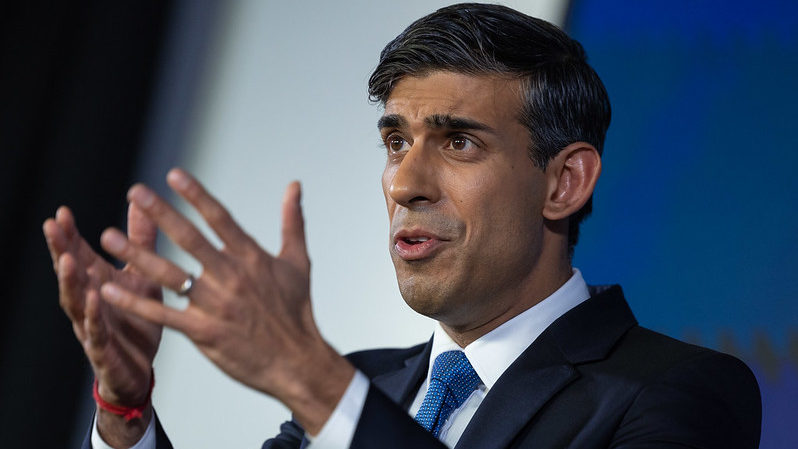Faced with ballooning strike action that is crippling Britain’s most essential basic services, Prime Minister Rishi Sunak has unveiled his plan to bring the industrial action to a close – by making striking for better pay and conditions futile.
The anti-trade union legislation would force workers to maintain a skeleton service in health sectors, rail, education, fire and border security, or face losing their jobs, the Times reports, and is seen as an attempt to prevent full disruption of essential services without having to engage with union demands.
Just days before, Sunak said he wanted “a reasonable dialogue with the unions about what’s responsible and fair for our country”, in his New Year speech laying out the government’s priorities for 2023.
- Will there be a general strike?
- How much should my pay rise to beat inflation?
- 6 common myths about strike action, from salaries to public support
The proposals have sparked anger among unions, which say they will take legal action to resist this attack on the fundamental democratic right to strike.
Paul Nowak, who recently took over as head of the Trades Union Congress, responded to the news: “For the avoidance of doubt. If the govt [sic] attacks the right to strike, @The_TUC will resist them all the way. In Parliament. In the courts. And I have no doubt our unions & members will continue to win ballots & exercise what is an internationally recognised, fundamental right.”
The right to strike is recognised by the UN’s International Labour Organization (ILO) as a fundamental right enshrined in international human rights and labour law, and that protecting it is necessary for a just, stable and democratic country. While it is not protected by law in the UK, strike action is legal if organised by a trade union according to conditions laid out in the Trade Union and Labour Relations (Consolidation) Act 1992.









